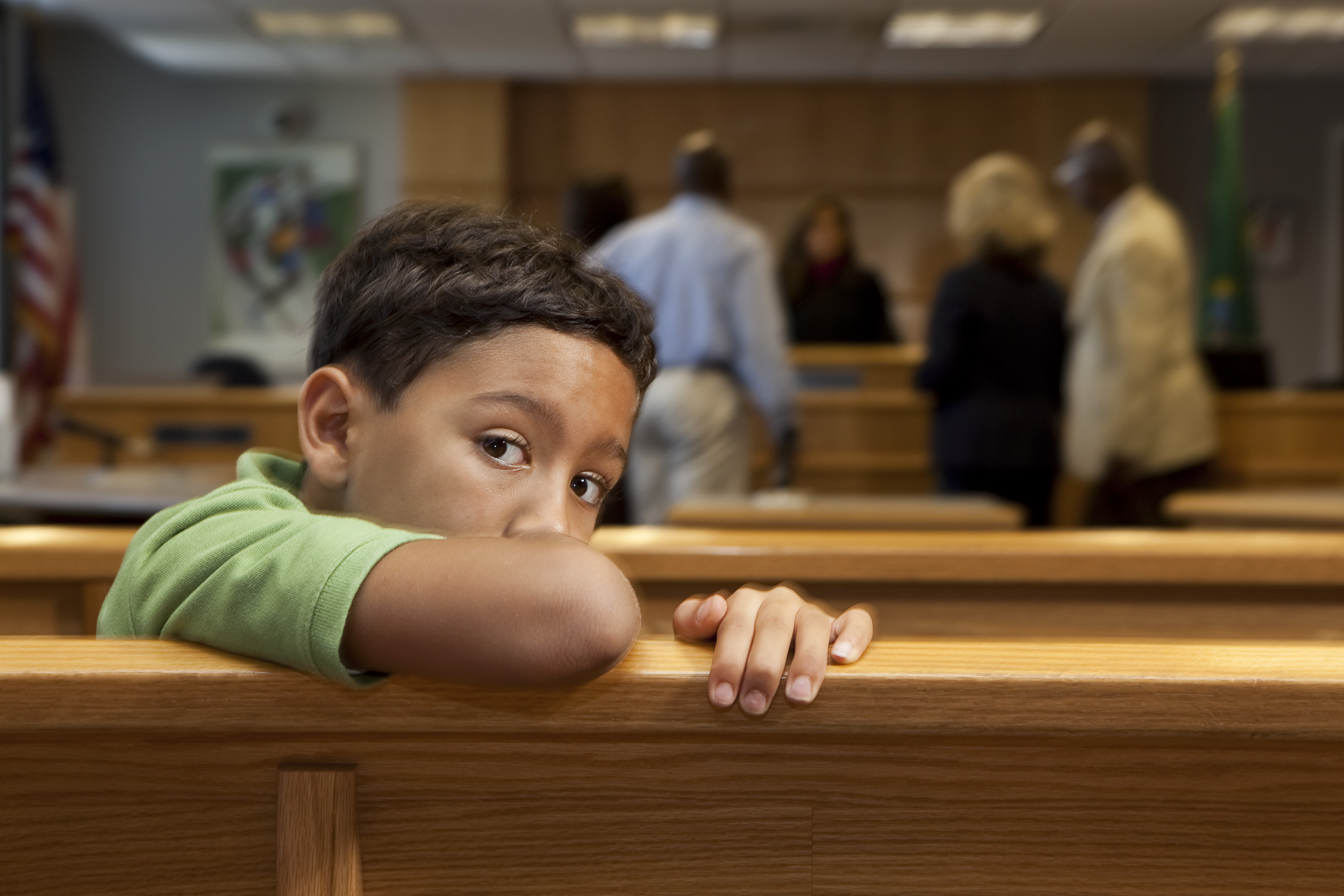Caution should be applied when handling testimonies given by children
People’s tendency to believe the accuracy of memories used in criminal cases unfortunately leads to misled judgments. To what extent should we believe in the accuracy of testimonies provided by children themselves? If a child claims sexual abuse from someone, most of the people in the room will start giving a dirty look to the accused male or female. The child’s testimony will be the very factor in coloring the judge’s decision. However, as the study of psychology advanced, people began to realize that it is extremely easy to alter a child’s response or even the memory itself. If someone presses the child to pull out a desired answer, the child will most likely submit, either from wanting to please the questioner or from suggestibility. Back in the 1980s, there were a series of cases in which false and implanted memories were used as child-witness testimony. Children were asked leading questions which altered their memories by the constant, suggestive interviews they were subjected to. Interrogators can simply pursue the child with leading questions. In cases where the child’s memory is feeble or non-existent, the interviewer can easily implant a false memory and turn an innocent man into a criminal. Another reason for why childhood testimonies are not reliable is that the belief the human memory is fixed and sound is wrong. Memories, in fact, are malleable which makes childhood testimonies prone to false statements despite the witness truly believing that the memory is true.
Childhood testimony given by adults are also not reliable. Various factors limit the validity of childhood memories as remembered by adults. Everyone in this world suffers from infantile amnesia. Infantile amnesia is a phenomenon in the memories before the age of around 3.5 is forgotten. The phenomenon itself is a great reason for why testimonies of events that happened when the witness was not even 3.5 years old is not reliable.
Does this mean we should simply ignore testimony given by children? Testimony from children can still be used as long as unbiased methods are used. Pressure can be taken off from the children by, for example, making the janitor ask unbiased questions instead of letting a police officer in his uniform ask “He did this, am I correct?” Once the pressure is gone, testimony given by children can be considered more reliable as it will not have misleading memories to accompany it.
Featured Image – Testimony given by a girl Photo Courtesy of Mountain Home Air Force Base

